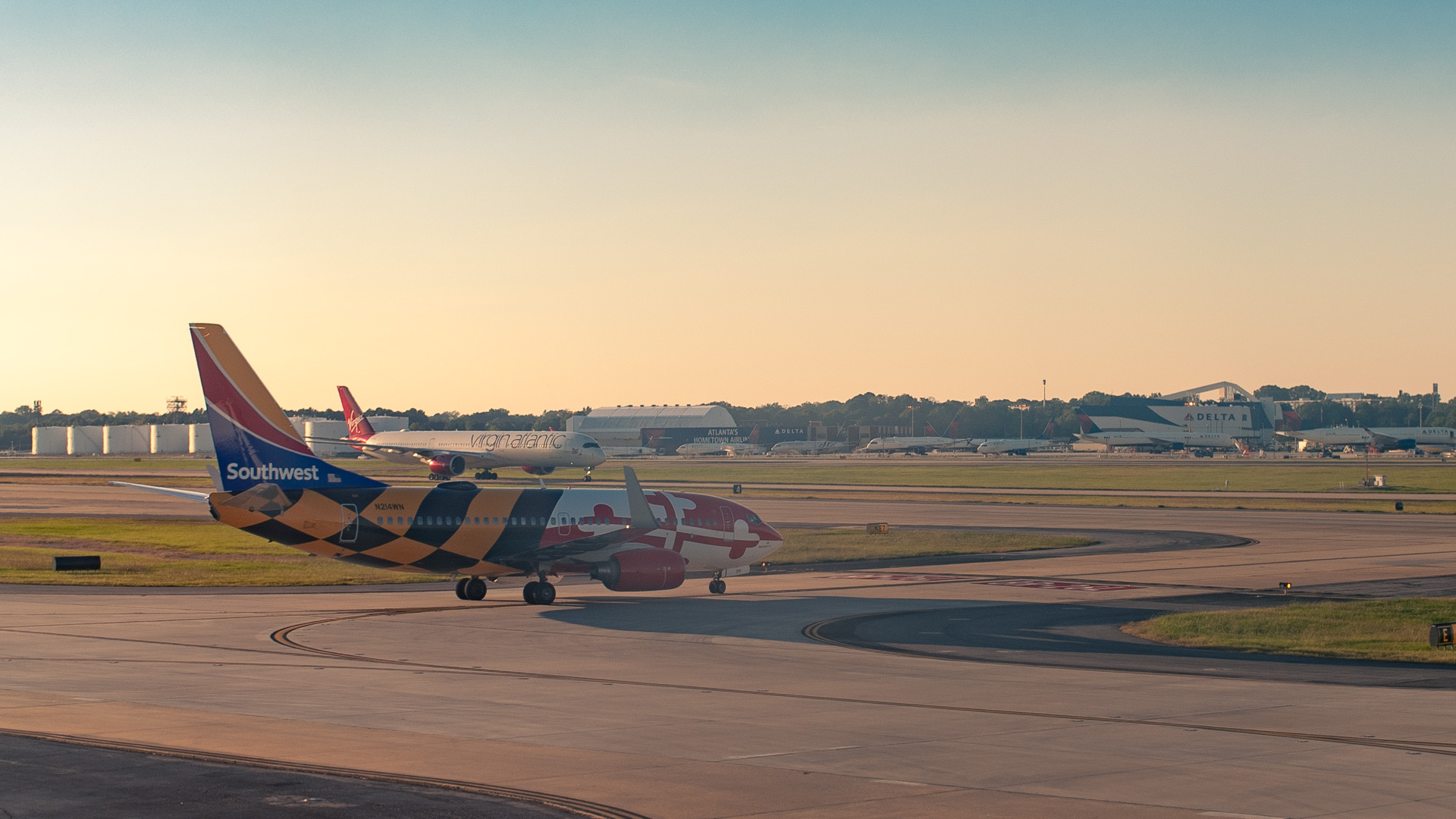

American air travelers have faced a rough summer, and pressure is mounting on the Department of Transportation to take action to ease the pain. On Tuesday, a pair of Democratic U.S. Senators addressed an open letter to Transportation Secretary Pete Buttigieg and called for the Transportation Department to force airlines to compensate passengers or pay fines for delays and cancellations encountered.
The letter, which was written by Democratic Sens. Elizabeth Warren of Massachusetts and Alex Padilla of California, calls on Buttigieg to use existing DOT rules for consumer protection to punish airlines who consistently delay or cancel flights due to staffing or mismanagement, or rebook customers involuntarily. The senators point out that “under 49 U.S.C. § 41712(a), the Secretary of Transportation has the authority to independently investigate whether airlines are engaged in ‘unfair or deceptive practice[s]’”, and encourage the DOT to consider “consistently delaying flights for reasons within an airline’s control” as an unfair practice, to make it subject to fines. Currently, the DOT forces air carriers to provide refunds to travelers whose flights are “significantly delayed,” but the DOT’s consumer-facing website admits that it does not “specifically [define] what constitutes a ‘significant delay.'” Instead, for all of the 898,000 Americans who have faced flight delays so far this year, DOT determines on a case-by-case basis if they are eligible for a refund.
The senators note that cancellations have significantly increased as airlines have systemically canceled less-profitable flights due to lack of staffing and that DOT fines could be levied that would make canceling emptier flights an unprofitable move. The letter, overall, is similar in tone to another that Buttigieg received last month from Sen. Bernie Sanders, who also urged the department to fine airlines for cancellations and delays.
Both letters are true about delays—this year, over 20% of flights within, originating, or landing in the U.S. have been delayed, a sizable jump from last year’s 13%—and while Warren and Padilla’s suggestions likely could be legally justified by the DOT, Buttigieg has not applied any financial pressure to airlines yet. He has suggested long-term fixes in television appearances, such as training and hiring more pilots, but long training periods mean that even in best-case scenarios the pilot shortage won’t be solved rapidly. In the meantime, Americans continue to struggle with delays, with over 6,700 flights delayed July 26 (including nearly half of all outbound flights from Miami); luckily, cancellations have eased, with only 1-2% of flights canceled on an average day in America according to DOT officials that spoke to Reuters.